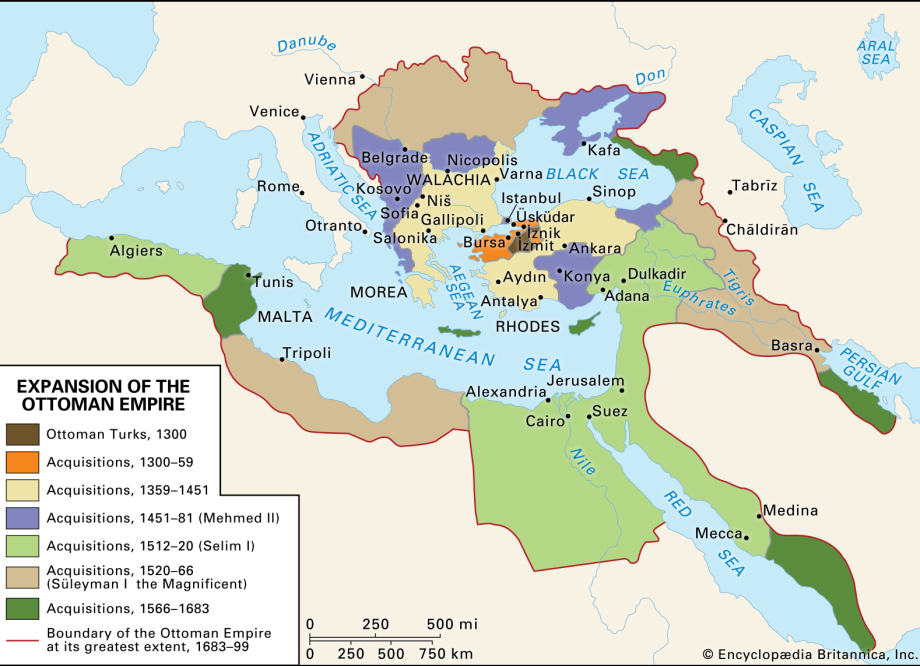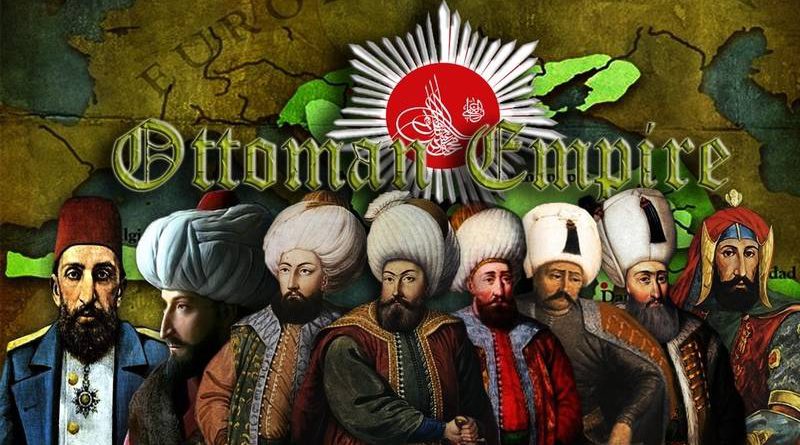FAITH: Collapse of the Ottoman Empire—Reasons and Causes
Plot of the Sultan Hāmid-II with Jamāluddīn al-Afghānī in opposition to the pure Islamic call from an-Najd and al-Hijāz.
Ottoman Sultanate which was famously known as “Ottoman Caliphate” was founded at the end of the 13th century in northwestern Anatolia in the town of Söğüt (modern-day Bilecik Province) by the Oghuz Turkish tribal leader Osman I. The Caliphate prevailed from 1299 until it’s dissolution in 1922 which would come to be formally declared as Republic of Turkey in late 1923.
When a famous Indonesian Islamic scholar Shaykh Abu Fayruz al-Indunisi was asked about the cause for the decline and collapse of the Turkish Ottoman Empire, which was later translated in English by his student Abu Asiyah Muzaffar bin Hussain.

The scholar gave 10 major reasons and causes for the downfall of the caliphate.
First: Weakness in Islamic monotheism and rise in shirk (idolatry acts of worship).
Second: Increase in Bidah (heretic practices) and weakness in safeguarding the Sunnah (Prophetic traditions).
Third: Attraction of their latter ones towards the worldly life and it’s adornments along with weakness in courage towards the struggle in the path of God.
Fourth: Expansiveness of the Mamluks along with incompetence of the armies in controlling the widening borders.
The word Mamluk means ‘owned’ and the Mamluks were not native to Egypt but were always slave soldiers, mainly Qipchak Turks from Central Asia. Under the Ayyūbid sultanate, they established rule over Egypt and Syria from 1250 until 1517, when their dynasty was extinguished by the Ottomans. But Mamluks had first appeared in the Abbasid caliphate in the ninth century and even after their overthrow by the Ottomans they continued to form an important part of Egyptian Islamic society.
Fifth: Increase in diversity of the communities of the Mamluks coupled with weakness in regulation upon the pure Islamic laws.
Sixth: Activities of the hypocrites and the secularists to spread their ideologies through organizations and associations (from within).
Seventh: Freedom of the Masons and the Jewish Organizations in their activities and aggressiveness in the lands ruled by the Ottoman Empire.
Eighth: Host of secret organizations directed by bishops and patriarchs in some states of Europe to liberate themselves from the force of the Ottomans.
Ninth: Plot of the Sultan Hāmid-II with Jamāluddīn al-Afghānī in opposition to the pure Islamic call from an-Najd and al-Hijāz. So when they plotted against it, they were rebuked by a ploy likewise (with the permission of God) until the Turkish Ottoman Empire was destroyed.
Abdul Hamid-II (1842-1918) was the son of Sultan Abdul Majid (1823-1861) and a Circassian mother. As a child, he received an education under the tutelage of Sufi scholars of Istanbul in the Qur’an, the Sunnah and in the Hanafi school of Fiqh. He was trained in Sufi practices, particularly the Naqshbandi and Helveti orders, which had a significant following in the empire.
Jamāluddīn al-Afghānī (1838 – 1897) called for the “modernization” of Islamic thought attempting to reconcile Islamic faith with modern Western and European values such as nationalism, democracy, enlightenment and rationality. He with his student, Muhammad Abduh and his followers would adopt ideologies foreign to Islam as a rational path to revival – which is in line with Mu’atazilite teachings. It was this doctrine that came to shape Hasan Al-Banna and the Ikhwān or Muslim Brotherhood movement.
The Āl Sa’ūd family established the second Saudi state in 1824 (1240H) under the leadership of Turki bin ‘Abdullāh Āl-Sa’ūd thereby liberating the entire Najd region from the armies of Mohammed Ali Pasha. The calm was shattered in 1865 by a renewed Ottoman campaign to extend its Middle Eastern empire into the Arabian Peninsula. After a span of 75 years under the rule of 9 princes, faced with a much larger and better equipped army, Abdulrahman bin Faisal Āl-Sa’ūd was forced to abandon his struggle in 1891.
Tenth: Excessive sinning and imitation of the disbelievers while showing least concern towards obedience and distinction.



